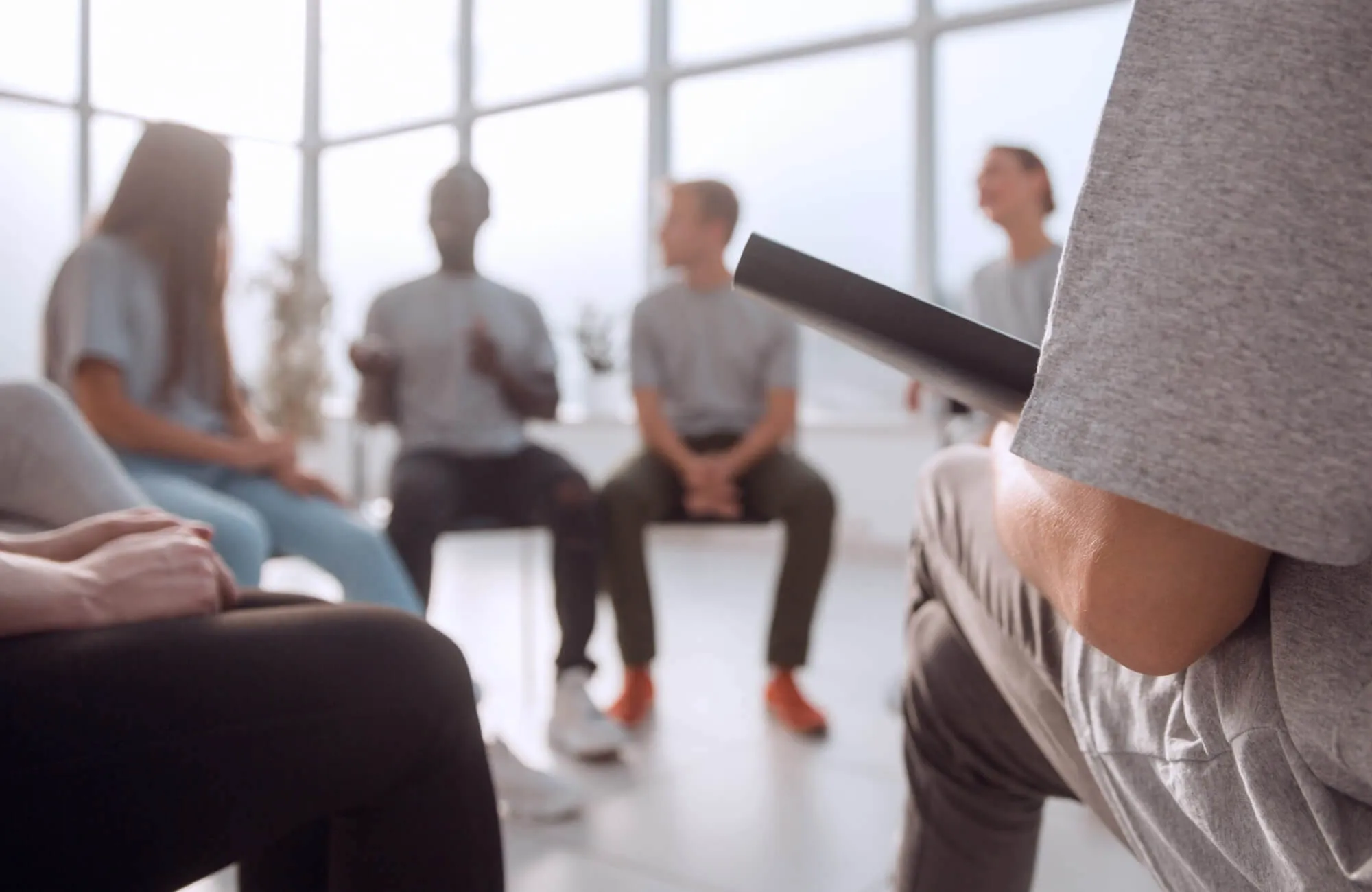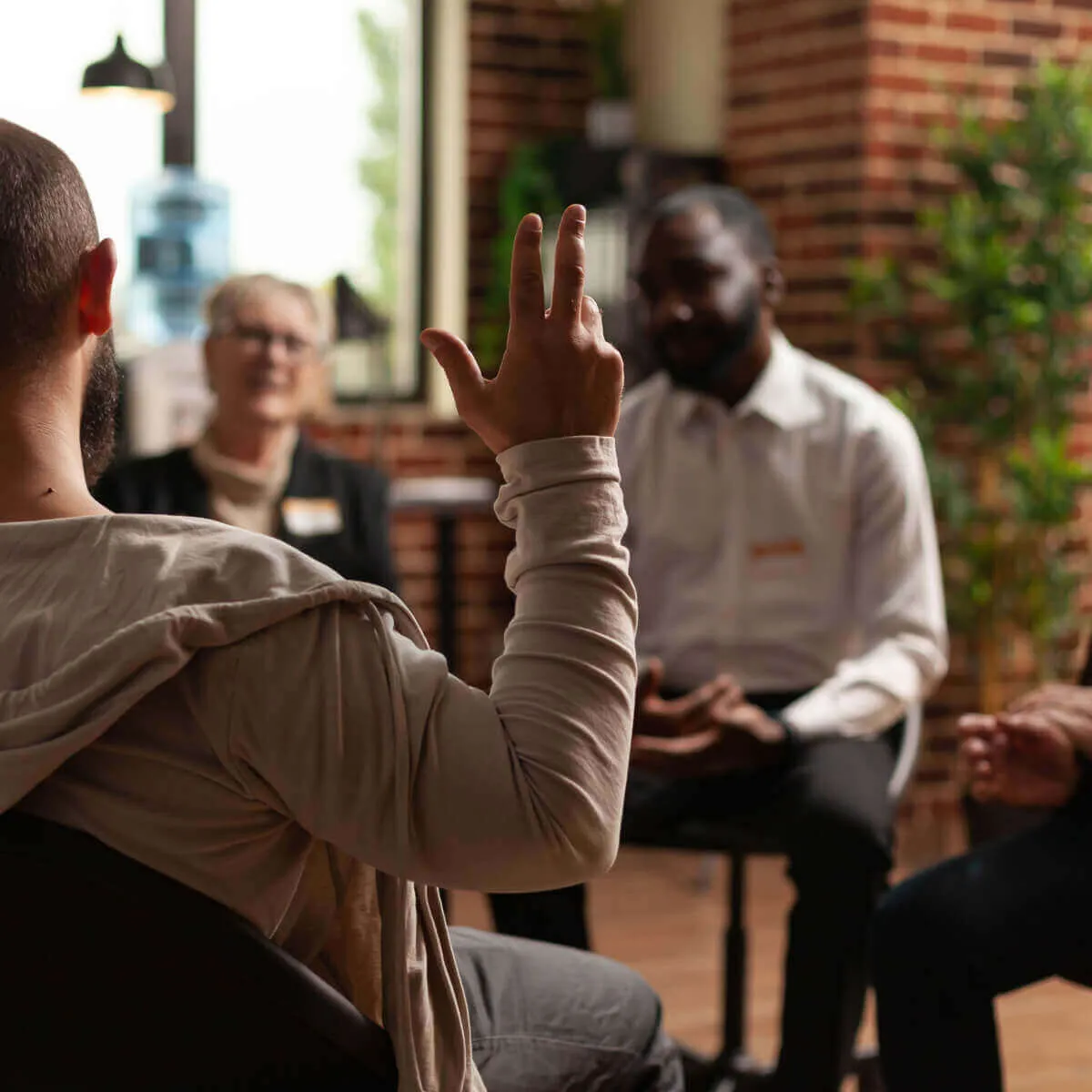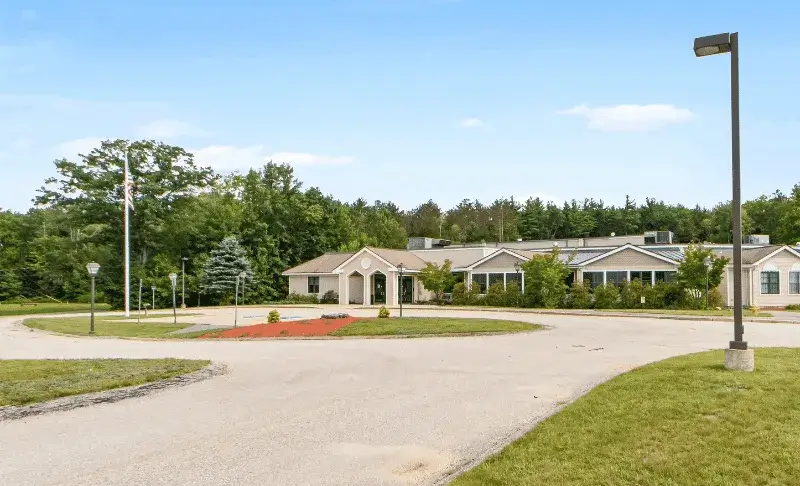- About Us
- All Locations
- Search by State
- American Samoa
- Arizona
- Alabama
- Alaska
- Arkansas
- California
- Colorado
- Connecticut
- Delaware
- Florida
- Georgia
- Guam
- Hawaii
- Iowa
- Illinois
- Idaho
- Indiana
- Kansas
- Kentucky
- Lousiana
- Maine
- Maryland
- Massachusetts
- Mississippi
- Minnesota
- Michigan
- Missouri
- Montana
- Nevada
- New Jersey
- New York
- Nebraska
- North Carolina
- North Dakota
- Northern Mariana Islands
- New Mexico
- Ohio
- Oklahoma
- Oregon
- Pennsylvania
- Puerto Rico
- South Carolina
- South Dakota
- Tennessee
- Texas
- Utah
- Vermont
- Virginia
- Washington
- West Virginia
- Wisconsin
- Wyoming
- US Virgin Islands
- Treatments
- Who We Help
- Paying for Treatment
- Mental Health
- Understanding Mental Health
- Common Mental Health Disorders
- Signs & Symptoms of Mental Illness
- The Impact of Stigma on Mental Health
- Integrative Approaches to Mental Health
- LGBTQ+ Mental Health
- Cultural Factors in Mental Health
- Risk Factors for Mental Illness
- Psychological Testing and Evaluation
- Crisis Management and Suicide Prevention
- Conditions
- Resources
- Advertise with us
Cookies & Privacy
Our website uses cookies. By using our website and agreeing to this policy, you consent to our use of cookies in accordance with our Privacy Policy.

Treatment Options
Drug and alcohol treatment comes in many forms. The best addiction treatment therapies involve a wide range of evidence-based care. Rehab facilities provide personalized treatment plans specific to your needs.
Featured Treatment Rehabs
View MoreRetreat of Boston
Resilience Recovery Resources
Novo Detox
Still Detox
Southeast Addiction Center – Georgia
Southeast Addiction Detox – Georgia
The Hope House

The Best Options for Addiction Treatment
Drug and alcohol treatment comes in many forms. The best addiction treatment therapies involve a wide range of evidence-based care. Rehab facilities provide personalized treatment plans specific to your needs. The different addiction treatment programs are designed to function as a step-down approach so you can step down from one intensity to the next as your needs change.
Let Find Luxury Rehabs help you pick suitable addiction treatment therapies today.
What are the Different Types of Treatment Options?
Detoxification
All substance abuse treatment starts with detox. You can’t begin drug and alcohol treatment without undergoing detox. Detoxification can happen at a local hospital or a treatment facility. Many facilities specialize in medication-assisted treatment to help you detox safely from opioids for alcoholism.
Residential Inpatient
Residential inpatient addiction treatment therapies are the most comprehensive. They are designed for people who need the highest level of care and supervision. With an inpatient or residential program, you live at the facility, have your meals provided for you, and complete a full daily schedule of different therapies.
Partial Hospitalization
Partial hospitalization is a day program. This can be something you complete after a residential or inpatient program or before transitioning to an outpatient program. You have more therapy sessions than you would with outpatient programs, but you get to live at home.
Intensive Outpatient
Intensive outpatient programs are designed for people who want an alternative to partial hospitalization or residential inpatient programs. When they give you the same levels of therapy, coping strategies, and relapse prevention but without a medical detox or 24-hours supervision requirement. Participation is somewhere between a few hours per week and a part-time schedule.
Outpatient
Just like partial hospitalization or intensive outpatient, traditional outpatient addiction treatment therapies are the next step down. They give you a chance to live at home, maintain a job, and transition into your independence while still receiving a level of support. You might attend individual and group therapy sessions with outpatient substance abuse treatment for a few hours per week.
Sober Living
For some people, after completing an inpatient program, they don’t have a safe home environment to which they can return. Others just aren’t ready to dive back into complete independence. In these cases, sober living provides a community living environment as part of ongoing drug and alcohol treatment, where you are still required to remain sober and attend group therapy sessions.
Aftercare
Aftercare is an essential part of drug and alcohol treatment. Of all the types of addiction treatment programs out there, aftercare is meant to be an ongoing link following the completion of the levels listed above. After you complete your inpatient or outpatient program and go back to your daily life, aftercare programs might give you access to community-based meetings, social groups that emphasize sober activities, and a chance to integrate things like yoga or meditation into your daily routine.
Dual-Diagnosis
A dual diagnosis program provides treatment for addiction and a mental health disorder simultaneously. With dual diagnosis, you can choose from many types of drug rehab, like inpatient programs, intensive outpatient, or standard outpatient. Still, during the course of your program, your addiction treatment therapies also provide medication and therapy for a mental health disorder.
Interventions
Interventions are a service sometimes offered by a rehab center and other times provided by a third party which helps facilitate open communication amongst family members who have a loved one struggling with addiction. With intervention services, you can plan for the best types of drug rehab to meet the needs of your loved ones and present that information to them in an open, supportive fashion.


Finding the Best Luxury Addiction Treatment Options
Given how many different services there are, knowing which types of addiction treatment programs are best for an opioid addiction vs. someone struggling with depression and alcoholism concurrently can be difficult. Whether you are looking for treatment for yourself or someone else, Find Luxury Rehabs is here to help connect you with vetted, trustworthy options.
When you reach out to our team, we can help you review the different drug rehab types, which might offer the amenities or therapies you prefer, and connect you with local rehab centers that accept your health insurance.
Reach out to us today to learn more about the different addiction treatment therapies and which one might work best for you.
The Best
Treatments For You
Get confidential and professional help for substance abuse & mental health conditions right now.
Get Confidential CallbackWhat Are the Signs a Person Needs Detox?
Once you have answers to questions like these, you have to consider which therapies you prefer. If you want cognitive-behavioral therapy, look for a center that specializes in that. If you want a facility that offers inpatient services with amenities like nutritional counseling and yoga, then put those high on your priority list.
Everyone struggles with addiction differently. There are some things you want to consider when evaluating different addiction treatments:
01
Do you have an existing mental health disorder that you know of? If so, you'll need a facility that specializes in dual diagnosis treatment so that you can address the mental health concerns at the same time as your addiction.
02
Are you struggling with an addiction to opioids or alcohol? If so, you will want a program that provides medication-assisted detox to help you through the initial withdrawal and ongoing cravings.
03
Are you looking for something with a flexible schedule so that you can maintain your job and your family responsibilities while still getting help? If so, intensive outpatient or outpatient programs can give you access to the treatment you require without interfering with your daily routine.
04
Do you or someone you love need help but require 24-hour supervision? If so, residential inpatient care is your starting point.
Once you have answers to questions like these, you have to consider which therapies you prefer. If you want cognitive-behavioral therapy, look for a center that specializes in that. If you want a facility that offers inpatient services with amenities like nutritional counseling and yoga, then put those high on your priority list.
Don’t be shy about doing research. Admitting you have a problem and asking for help can be terrifying, but that is why resources like Find Luxury Rehabs can be so helpful. We provide confidential information, so you don’t have to worry about talking to friends and family or asking your doctor for recommendations. We can provide you with suggestions, and you can contact the different drug and alcohol treatment centers to follow up with any additional questions.
Health Insurance can pay for treatment
View MoreSubscribe to our Newsletter
Stay updated with the latest news and offers from Find Luxury Rehabs.
Find Luxury Rehabs 2025 © All rights reserved.
Back to top





















